|
加州州议会最近民主党提出的SCA 5法案在当地的华人圈子里得到了非常大的回响,该法案提议修改该州1996年通过对种族,性别,肤色和国籍不歧视或提供特别待遇的209提案,让少数族群能够在不同的情况下可以有保障名额。当地华人社群担心如果法案通过会负面的影响华人学子的升学名额与入学机会,所以发动了许多的草根动员活动,而促成了该法案的撤回。美国的亚裔族群长远以来都没有积极参与公共政策,希望此次的活动能够给本地华人借镜 鼓励大家多多参与和了解公共政策,让所有人听到我们的声音。本期的经济学人杂志对此一现象有深入的报导,以下是该篇报导转载,
"Not Black or White" The 80-20 Initiative, an Asian-American lobby group, scored its first big success last October when it forced Jimmy Kimmel, a television host, to apologise for allowing a five-year-old boy to suggest on air that America should kill everyone in China in order to avoid its debt obligations. This week the group pulled off a more edifying win, defeating an attempt to allow Californian universities to take account of race when deciding whom to admit. California’s Democrats have long chafed against Proposition 209, a 1996 voter-backed measure that said: “The state shall not discriminate against, or grant preferential treatment to, any individual or group on the basis of race, sex, colour, ethnicity, or national origin” in public employment or education. In January SCA 5, a Democratic bill which, if approved by voters, would have exempted universities from this rule (and thus allowed them to bring back affirmative action), whizzed through the state Senate. It seemed likely to pass in the lower house, too. California’s voters, a more mixed bunch these days, may well have supported it. Affirmative-action policies are usually seen as pitting whites against minorities, particularly blacks. But California’s growing diversity is creating new battlegrounds. Admission rates for blacks and Latinos at the ten-campus University of California (UC) have plummeted since Prop 209 was enacted. But Asian-Americans, particularly Chinese and Indians, have done well: in 2011-12 they made up 14% of public high-school graduates but over a third of UC undergraduate entrants. And so after the Senate vote the 80-20 Initiative urged its 350,000 e-mail subscribers to press Asian-American legislators to scrap SCA 5. Energetic and bottom-up, the ensuing campaign had a Tea-Party whiff to it. And it worked: their phones ringing off the hook, several Asian-American Democrats decided that ethnic allegiances trumped partisan ones and withheld support for the bill. On March 17th John Pérez, the Assembly Speaker, withdrew it from consideration. “The university has been hurt” by Prop 209, says Gene Block, UCLA’s chancellor. Like other university administrators, he says that diversity creates a better atmosphere for learning. Set against that is an analysis that is hard to deny: if Prop 209 were overturned, more Asian-American applicants would be denied places at universities that would otherwise have admitted them. The playing field is already tilted: Asian-Americans must typically achieve better exam results than other groups to get into university. Asian-Americans have low voting rates and are not noted for political activism. Could this debate change that? S.B. Woo, 80-20’s co-founder, likes to think so. It is time for Asians to acquire the political sophistication of whites, he argues; they should harass Asian politicians who fail their constituents, and should be willing to play the parties off against each other. But Asian-Americans, the country’s fastest-growing minority, are a notably diverse bunch, bundled together for convenience more than analytical accuracy. As Karthick Ramakrishnan, a political scientist at UC Riverside, points out, the SCA 5 campaign was dominated by Chinese-Americans. Indians did not play much of a role; south-east Asians, poorer and less likely to attend university, tend to back affirmative action. Even some Chinese-Americans declared support for SCA 5. California’s demographic changes have upended politics in new and curious ways; there are plenty more to come. Comments are closed.
|
Archives
July 2024
|
此网页所有版权为丹佛华人资讯网所有。 有对网页有关的问题请于[email protected]联络网页编辑
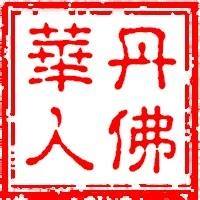
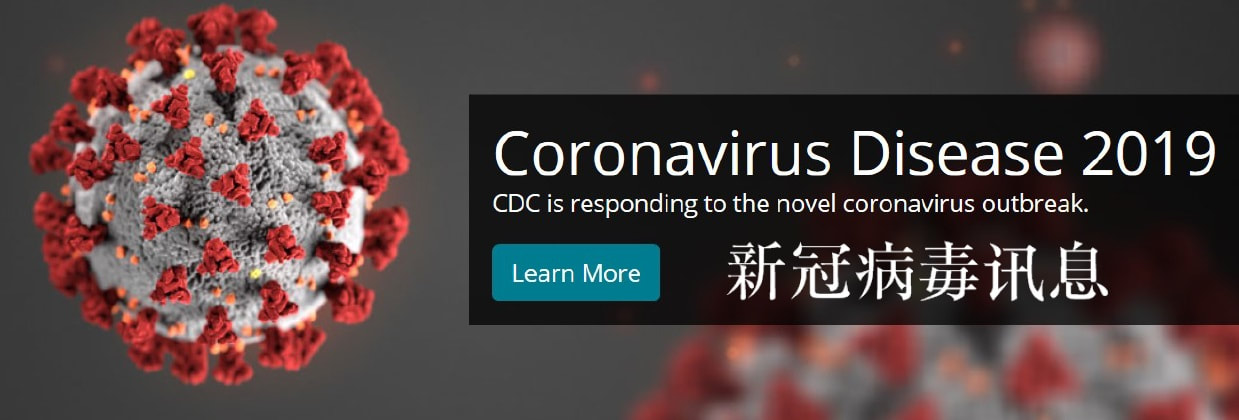


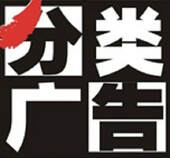
















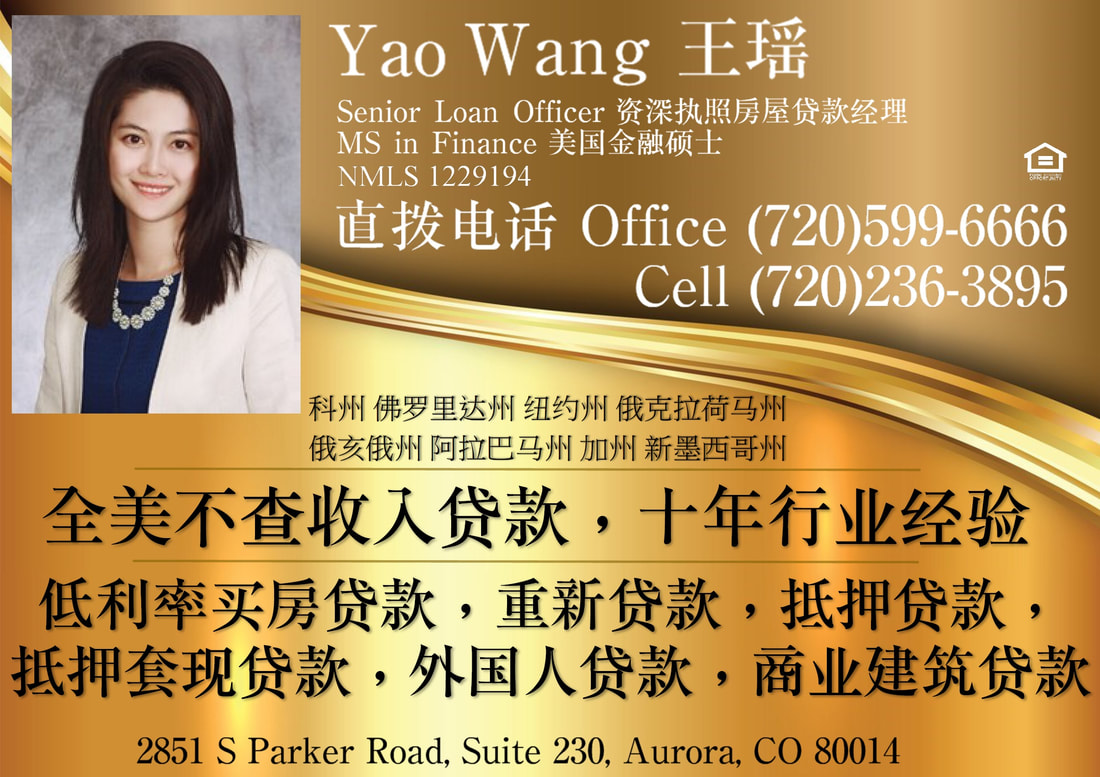





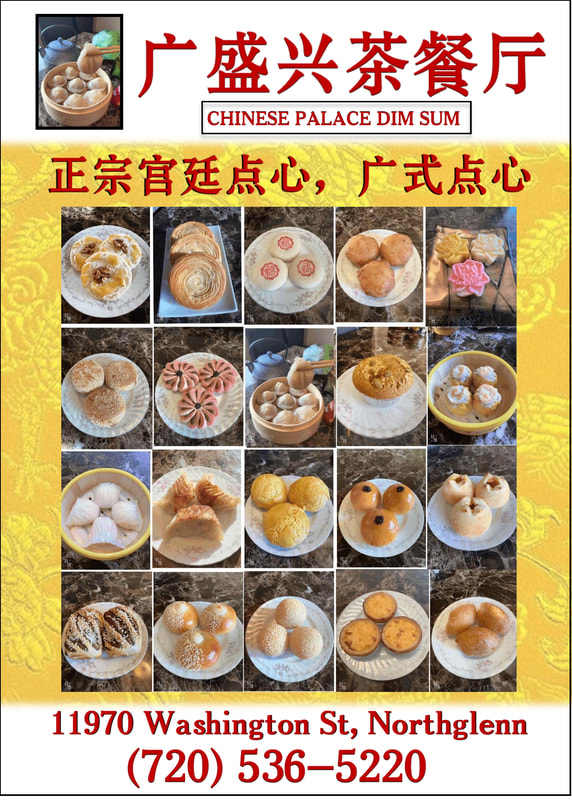





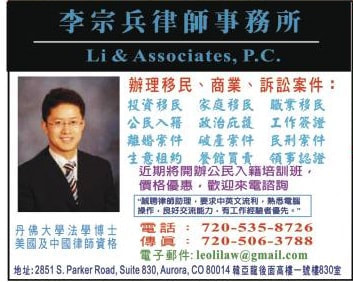




















































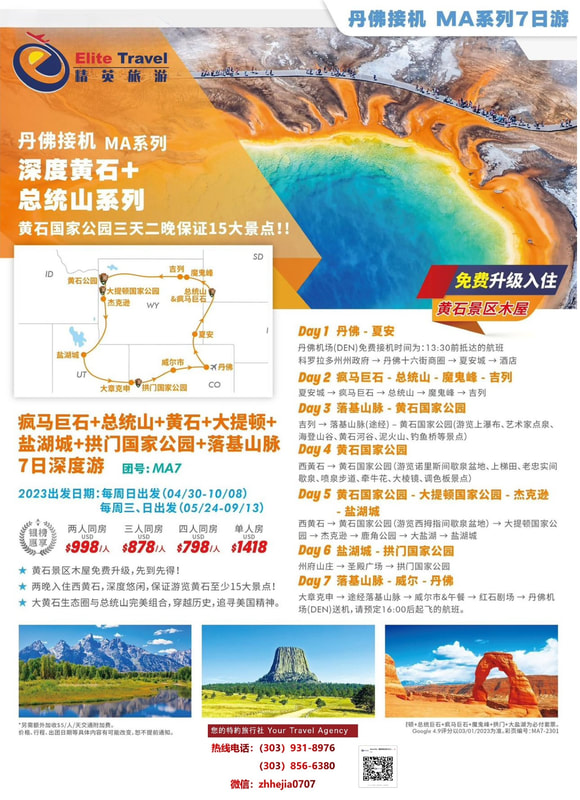


























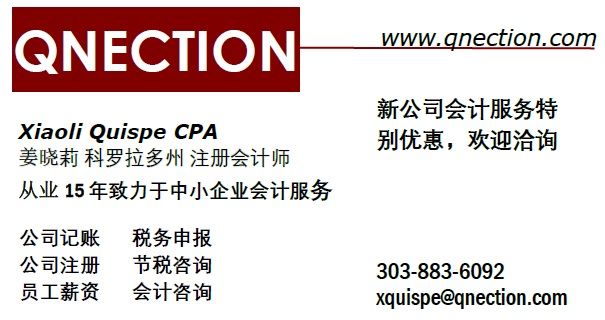


 RSS Feed
RSS Feed

